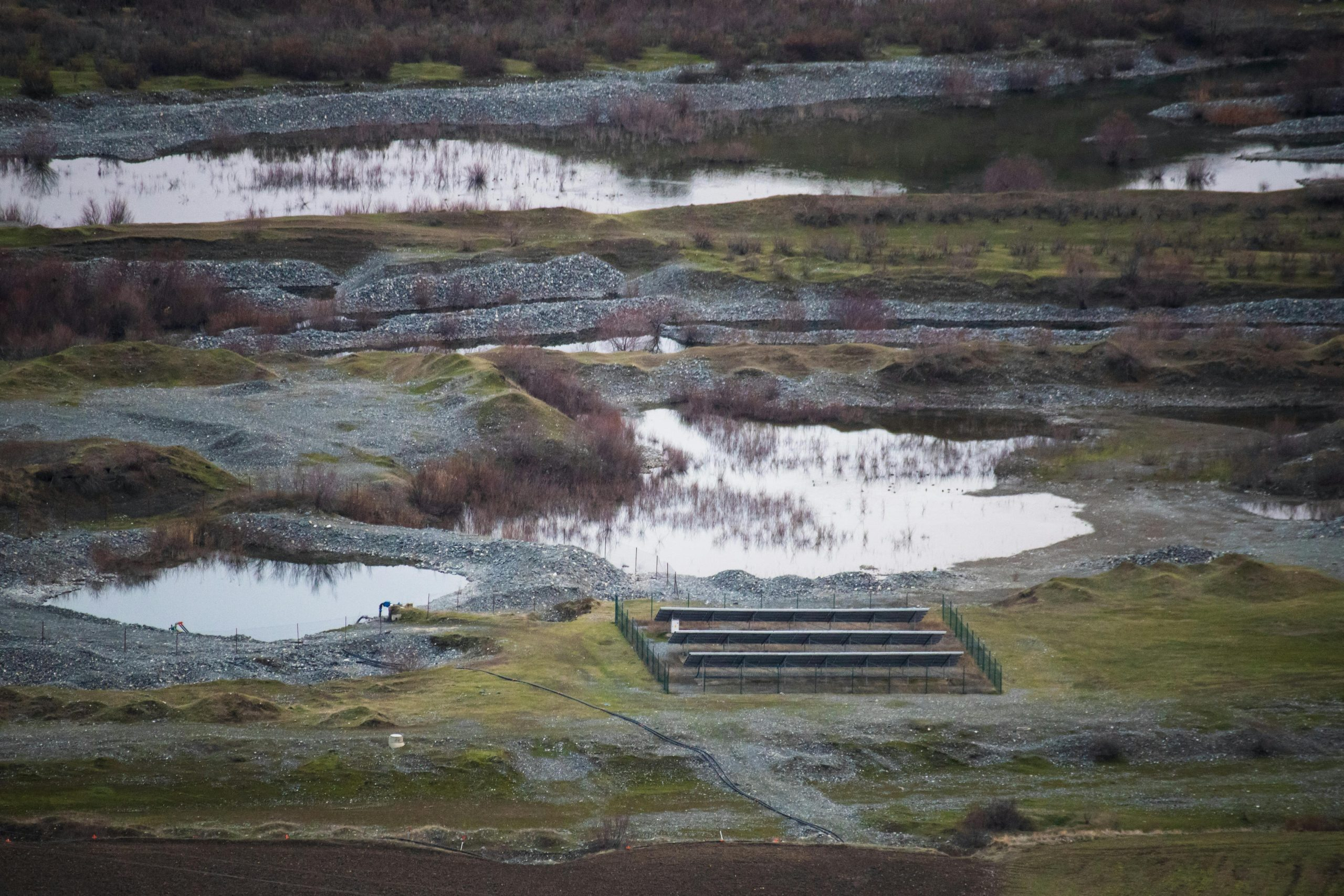Biofuel Innovations: Sustainable Alternatives for Rural Areas
Biofuels have been gaining popularity as a sustainable alternative to traditional fossil fuels. With the growing concern over climate change and the depletion of natural resources, there is a growing need for eco-friendly and renewable sources of energy. In this regard, biofuel innovations have emerged as a promising solution, especially for rural areas. These remote regions are often overlooked when it comes to energy accessibility and face environmental challenges. However, with the use of biofuels, these areas can now have access to clean and affordable energy. In this article, we will explore the latest biofuel innovations and their potential to make a positive impact in rural areas.
The Need for Sustainable Alternatives in Rural Areas
Rural areas are often dependent on traditional sources of energy such as wood and coal. These fuels are cheap but have several negative consequences. The burning of wood and coal releases harmful pollutants into the air, contributing to air pollution, and posing health risks for the residents. Moreover, these fuels are non-renewable and deplete natural resources over time. As a result, rural communities are in urgent need of sustainable alternatives that can provide them with clean and affordable energy.
Biofuel Innovations: An Overview
Biofuels are derived from organic matter such as plants, waste, and animal by-products. They are considered a renewable energy source because they can be replenished and do not contribute to the depletion of natural resources. There are several types of biofuels, including biodiesel, bioethanol, and biogas, each with its unique production process and uses.
The latest biofuel innovations aim to make the production process more efficient and increase the diversity of feedstock used. For example, researchers have been experimenting with using non-food crops such as algae and switchgrass to produce biofuels, reducing the competition for land resources. Furthermore, advancements in technology have resulted in the development of conversion methods that can turn waste products into biofuels, making them even more sustainable.
Benefits of Biofuel Innovations for Rural Areas
The implementation of biofuel innovations in rural areas has several advantages. Firstly, it provides a sustainable and renewable source of energy, reducing the dependence on traditional and non-renewable fuels. This, in turn, helps to reduce air pollution and improves the overall health of the community. Secondly, biofuel production can also create employment opportunities in rural areas, boosting the local economy.
Moreover, biofuels can be produced domestically, reducing the need for importing energy from other regions. This not only saves costs but also promotes energy independence, which is crucial for rural areas. Additionally, the production of biofuels can also serve as a waste management solution by utilizing agricultural and organic waste materials, reducing their environmental impact.
Successful Implementation of Biofuel Innovations in Rural Areas
Several initiatives have already been taken to implement biofuel innovations in rural areas, with promising results. In India, the National Biofuel Policy aims to increase the production and use of biofuels in the country, especially in rural areas. This policy promotes the use of locally available resources and aims to create employment opportunities in the biofuel sector. In Brazil, bioethanol produced from sugarcane is widely used as a fuel for transportation and is regarded as one of the most successful biofuels in the world.
In addition to government efforts, there have also been successful community-led biofuel initiatives in rural areas. For example, the village of Güssing in Austria became the first self-sufficient community in Europe by producing and utilizing biofuels from locally sourced materials. This has resulted in significant economic and environmental benefits for the villagers.
Challenges and the Future of Biofuel Innovations
Despite the potential benefits, there are some challenges facing the widespread adoption of biofuel innovations in rural areas. One major challenge is the initial investment required for the production and implementation of biofuel technology. This can be a barrier, especially for communities with limited financial resources. Moreover, the availability and consistency of feedstock can also be a challenge, as it can affect the production and availability of biofuels.
However, with ongoing research and advancements in technology, these challenges can be overcome. The continuous development of more efficient and cost-effective biofuel production methods is expected to drive down the costs and make biofuels more accessible to rural communities. Additionally, with the increasing global focus on sustainability and renewable energy, the future of biofuel innovations looks promising.
Conclusion
Biofuel innovations have the potential to bring significant benefits to rural areas, addressing both environmental and social issues. The advancements in technology and efforts from governments and communities have already shown promising results in implementing biofuel solutions. However, there are challenges to be overcome, and continuous support and investment are necessary to make biofuel innovations a viable and sustainable energy source for rural areas. With more focus and attention, biofuel innovations can play a crucial role in promoting sustainable development in rural communities.











